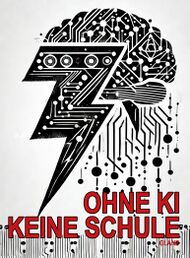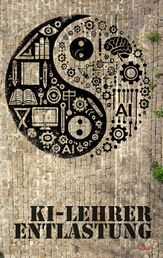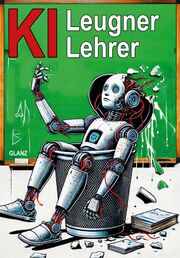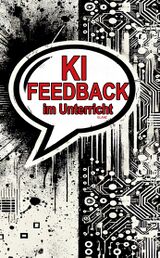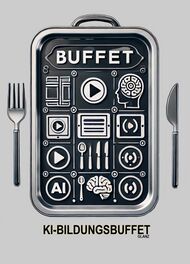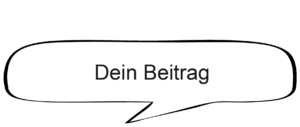

Past - Vergangenheit
Past - Vergangenheit
The concept of "Past" or "Vergangenheit" refers to time that has already occurred, as opposed to the present or future. In linguistics, the past tense is used to describe events or situations that happened before the current moment.
Overview
The past can be discussed in various contexts, including history, personal experiences, and changes over time. In English, several tenses express the past, each with a different meaning:
- Simple Past (einfache Vergangenheit) - used for actions completed at a specific time in the past.
- Present Perfect (Perfekt) - used for actions that happened at an unspecified time before now.
- Past Continuous (Verlaufsform der Vergangenheit) - used for actions that were ongoing in the past.
Simple Past Tense
The Simple Past Tense in English is often used for actions that were completed in the past. It corresponds to the German "Präteritum" or "Imperfekt".
Present Perfect Tense
The Present Perfect Tense is used to describe actions that have an impact on the present or that occurred at an unspecified time in the past. It corresponds to the German "Perfekt".
Past Continuous Tense
The Past Continuous Tense describes actions that were ongoing at a specific time in the past. It is used to set the scene in narratives or to talk about simultaneous past actions.
Vokabel-Quiz: Teste Dein Wissen
Leicht
Was ist das deutsche Wort für "past"? (Vergangenheit) (!Zukunft) (!Gegenwart) (!Ewigkeit)
Wie sagt man "simple past" auf Deutsch? (Präteritum) (!Perfekt) (!Plusquamperfekt) (!Futur)
Wähle das englische Wort für "Imperfekt". (Simple Past) (!Present Perfect) (!Past Continuous) (!Future Perfect)
Welche Zeitform beschreibt eine abgeschlossene Handlung in der Vergangenheit? (Simple Past) (!Present Continuous) (!Future Perfect) (!Present Perfect)
Was ist das englische Äquivalent von "Perfekt"? (Present Perfect) (!Past Perfect) (!Simple Past) (!Future)
Standard
When do you use the Past Continuous? (Wenn man eine fortlaufende Handlung in der Vergangenheit beschreibt) (!Wenn eine Handlung gerade abgeschlossen wurde) (!Für Handlungen, die noch nicht begonnen haben) (!Für allgemeine Wahrheiten)
Welche Zeitform verwenden wir für Handlungen, die keinen spezifischen Zeitpunkt in der Vergangenheit haben? (Perfekt) (!Präteritum) (!Plusquamperfekt) (!Futur II)
What is the German term for "Past Continuous"? (Verlaufsform der Vergangenheit) (!Einfache Vergangenheit) (!Vollendete Zukunft) (!Vollendete Gegenwart)
Was beschreibt das "Simple Past" in Englisch? (Eine spezifische Handlung, die in der Vergangenheit abgeschlossen wurde) (!Eine Handlung, die gerade abgeschlossen wurde) (!Eine Handlung, die wiederholt wird) (!Eine Handlung in der Zukunft)
Which tense would you use to describe a historical event? (Simple Past) (!Present Continuous) (!Future Perfect) (!Present Perfect)
Schwer
Which tense is typically used for narratives and setting scenes in English? (Past Continuous) (!Present Perfect) (!Future Simple) (!Present Simple)
What does "Perfekt" express in German? (Handlungen, die bis zur Gegenwart wirken oder zu einem unbestimmten Zeitpunkt in der Vergangenheit stattfanden) (!Handlungen, die in der Zukunft abgeschlossen sein werden) (!Allgemeine Wahrheiten) (!Gewohnheiten in der Vergangenheit)
Select the tense used for actions completed at a definite point in the past. (Simple Past) (!Past Continuous) (!Present Perfect) (!Future Perfect)
In welcher Zeitform wird eine Handlung beschrieben, die zu einem bestimmten Zeitpunkt in der Vergangenheit noch andauerte? (Verlaufsform der Vergangenheit) (!Präteritum) (!Perfekt) (!Futur)
Which tense would you use to talk about your childhood experiences? (Past Continuous) (!Present Perfect) (!Future Perfect) (!Present Simple)
Links
Schulfach+

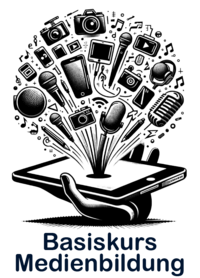
aiMOOCs



aiMOOC Projekte


YouTube Music: THE MONKEY DANCE
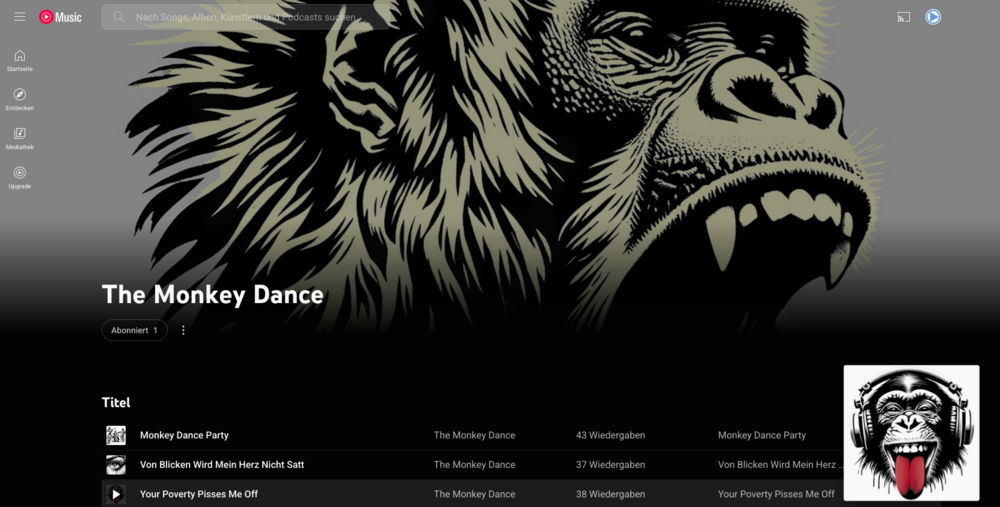
Spotify: THE MONKEY DANCE
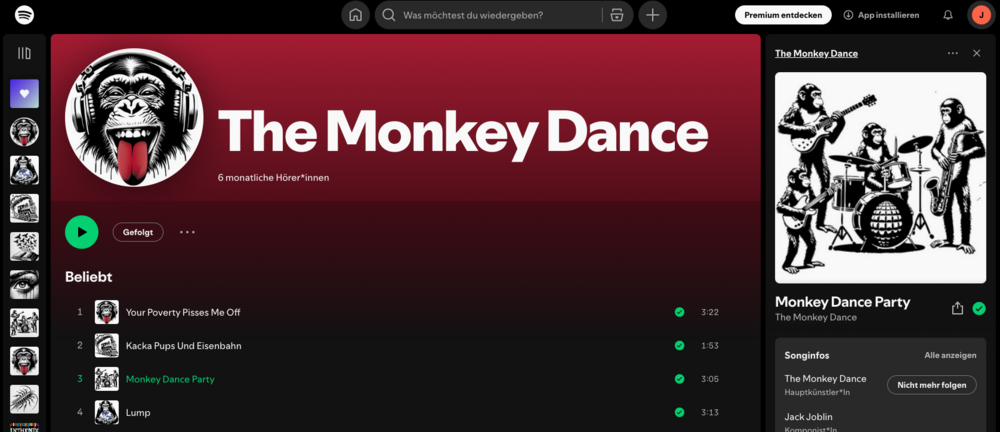
Apple Music: THE MONKEY DANCE

Amazon Music: THE MONKEY DANCE

The Monkey Dance SpreadShirtShop
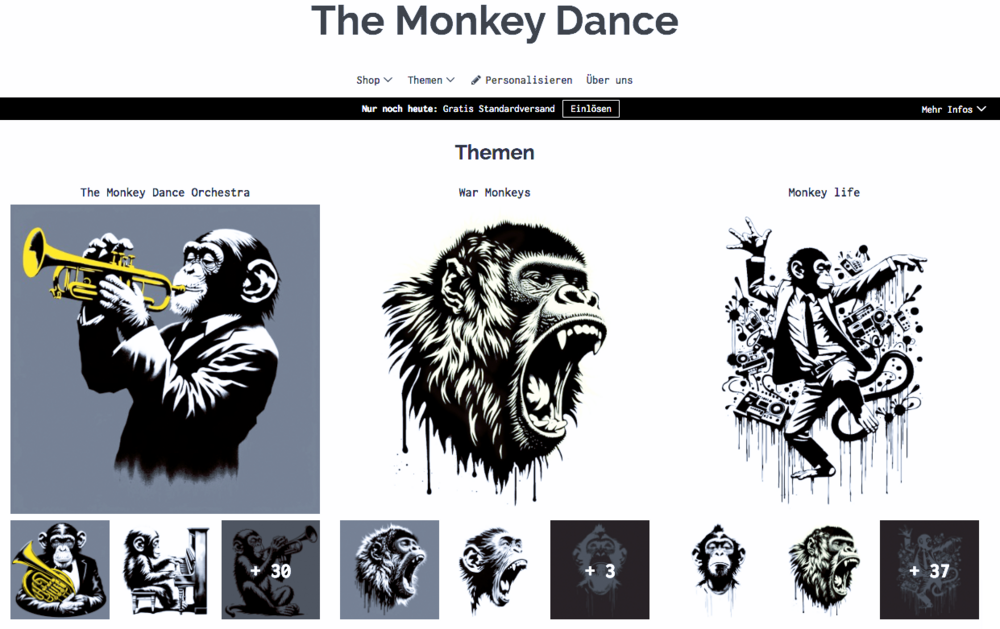
|
|
|


Children for a better world >> Förderung der AI Fair-Image Challenge
Fair-Image wird von CHILDREN JUGEND HILFT! gefördert und ist mit der deutschlandweiten AI Fair-Image Challenge SIEGERPROJEKT 2025. Alle Infos zur Challenge hier >>. Infos zum Camp25 gibt es hier. Wenn auch Ihr Euch ehrenamtlich engagiert und noch finanzielle Unterstützung für Eurer Projekt braucht, dann stellt gerne einen Antrag bei JUGEND HILFT.






























